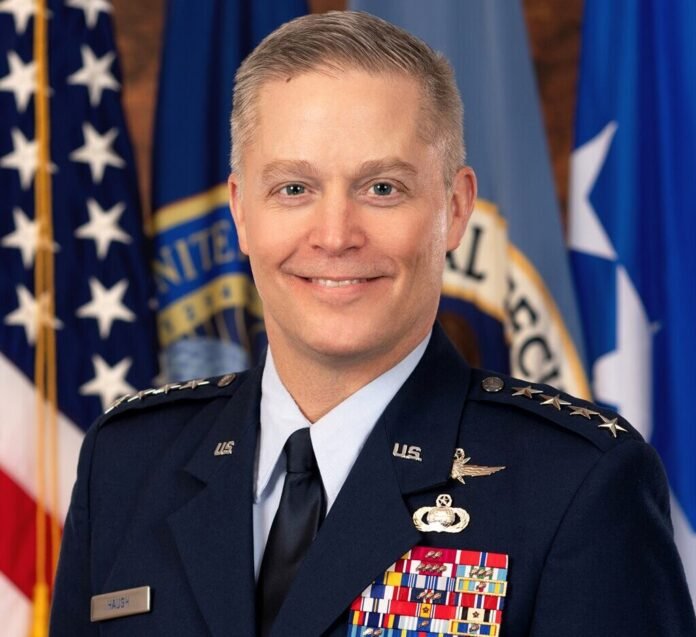Trump fires NSA and Cyber Command heads in shock purge—experts warn of mounting national security risk
In a dramatic escalation of political control over America’s intelligence apparatus, the Trump administration has fired Gen. Timothy Haugh, director of the National Security Agency and head of US Cyber Command, along with his deputy, Wendy Noble. The sudden purge has sent shockwaves through the defence and intelligence communities, as fears mount over the erosion of institutional stability under President Donald Trump’s new term.
The news broke late Thursday, confirmed by lawmakers on both the Senate and House intelligence committees and two former senior officials. Haugh, who had only been in the role since February 2024, oversaw some of the most sensitive intelligence operations in the US government. He was also tasked with defending the nation against cyber threats from hostile states, including Russia, China, and Iran.
No explanation was immediately given for the high-profile dismissals. However, insiders suggest that a climate of fear is growing within the Department of Defense. “People are terrified of appearing disloyal,” one former official said. “Careers are being ended with a phone call.”
Lt. Gen. William Hartman, the current deputy at Cyber Command, is expected to take over as acting head, but even that appointment remains uncertain in the current environment. The NSA and Cyber Command declined to comment, directing all inquiries to the Office of the Secretary of Defense, which has not responded. The White House has also remained silent.
Embed from Getty ImagesThe firing comes on the heels of another controversial move: the sacking of multiple National Security Council staff members following a personal appeal to Trump by far-right commentator Laura Loomer. Loomer, infamous for pushing conspiracy theories including that 9/11 was an “inside job,” urged the president to purge officials she deemed disloyal. It’s still unclear whether her lobbying is connected to Haugh’s dismissal.
Only last month, Haugh hosted Elon Musk—now bizarrely heading the newly formed Department of Government Efficiency—at NSA headquarters in Maryland. That meeting had already raised eyebrows in Washington’s national security circles, but no direct link has yet been made to the firings.
Some analysts believe the sackings mark a new phase in Trump’s tightening grip on the military and intelligence sectors. Earlier this year, he fired the top US general, the chief of the Navy, and the vice chief of the Air Force in one afternoon—a purge that stunned the Pentagon.
Cybersecurity expert Renée Burton, who spent more than 20 years at the NSA, described Haugh and Noble’s removal as “alarming.” She warned that replacing such experienced leaders would be difficult, and the disruption could “expose the country to new risk.”
The move has drawn sharp rebukes from senior Democrats. Senator Mark Warner and Representative Jim Himes, the top Democrats on the Senate and House intelligence committees, issued statements condemning the firings, warning they could weaken US cyber defences at a dangerous time.
The NSA plays a central role in gathering global intelligence through digital surveillance and code-breaking. Alongside Cyber Command, it has led operations defending US elections from foreign interference—including taking a Russian troll farm offline during the 2018 midterms and fighting off Iranian hackers in 2020.
At a recent House Intelligence Committee hearing, Haugh voiced concern about the use of the encrypted app Signal, after revelations that senior Pentagon officials, including Defence Secretary Pete Hegseth, discussed sensitive operations in a chat unknowingly joined by a journalist. Though Haugh wasn’t involved in the group, he testified about the potential security risks.
Now, he’s out.
What this means for the future of America’s intelligence leadership remains unclear—but the sense of instability is unmistakable. With seasoned leaders being removed in rapid succession, and loyalty seemingly outweighing expertise, the United States’ national security infrastructure faces an uncertain road ahead.
